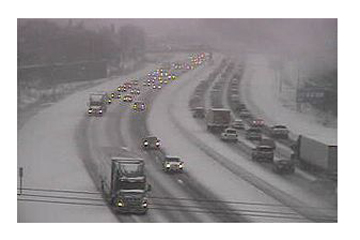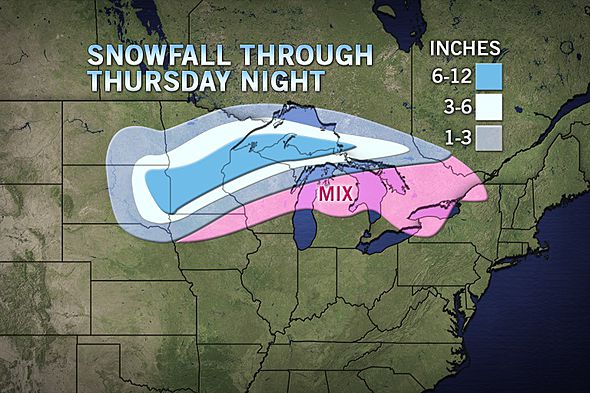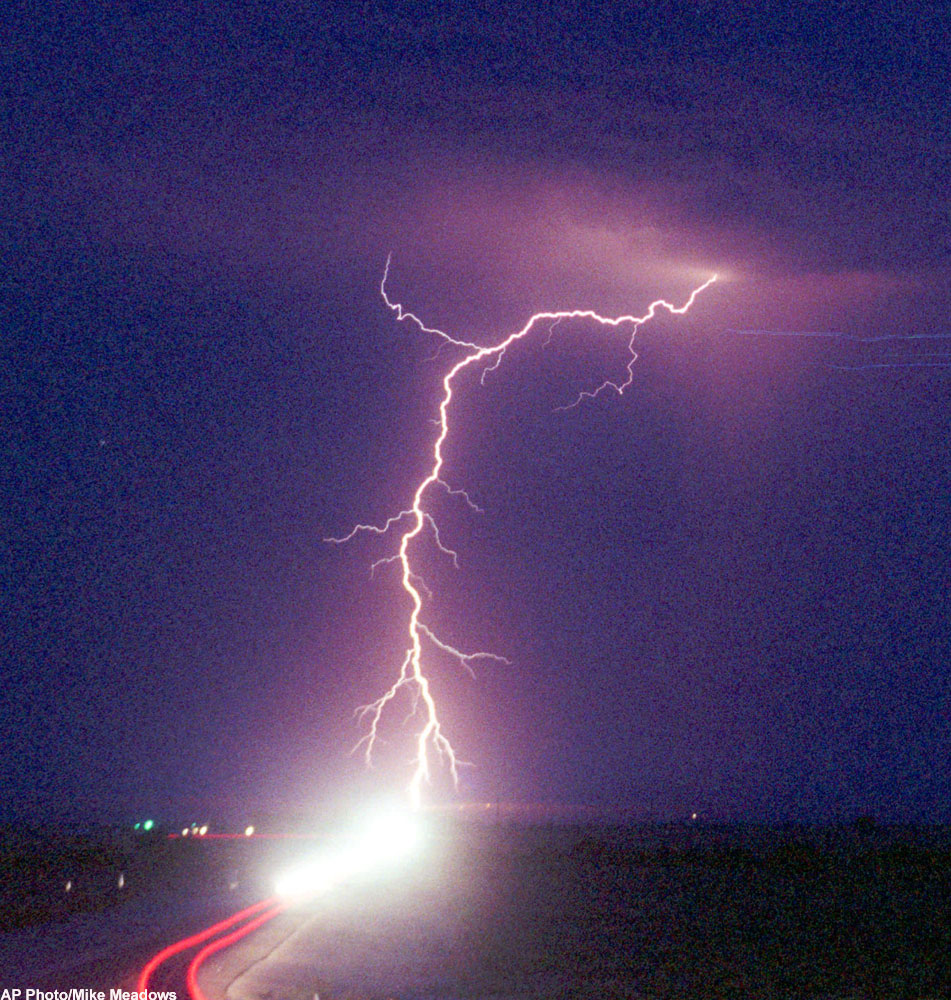
Snowiest April Since 2002 for Minneapolis

This article was provided by AccuWeather.com.
The combination of lingering cold air and winter storms will yield the snowiest April for Minneapolis since 2002.
Minneapolis/St. Paul averages 2.8 inches of snow during the month of April.
Prior to the snowstorm Thursday that was impacting travel and foiling outdoor activities, the area has received 1.4 inches of snow during the first 10 days this month.

Even if a potential second snowstorm misses the area next week, this month will be the snowiest since 2002, when 20.2 inches fell. Only April 2009, with 2.5 inches, had close to the average snowfall for the month since then.
During April 2002, there were three storms that brought heavy snowfall. One storm spanning April 1 and 2 brought 7.6 inches. Another storm on April 21 brought 6.6 inches. The final snowstorm that month occurred spanning April 27 and 28 and brought 6.0 inches.
Most Aprils since 2002 brought only a trace of snow or no snow at all.
Sign up for the Live Science daily newsletter now
Get the world’s most fascinating discoveries delivered straight to your inbox.
The greatest snowfall for a single calendar day at the Twin Cities was 13.6 inches on April 14, 1983.
Measurable snow has fallen as late at May 24 at the Twin Cities. This leaves only the months of June, July and August completely free of measurable snow since records have been kept in 1875.
During May 2002, there was a trace of snow on May 2.
RELATED: Unusual April Storm Yields Shocking Stats AccuWeather.com Winter Weather Center Severe Weather Risk Thursday Pittsburgh to Mobile, Augusta
During April 2002, the temperature average was 1.8 degrees below the normal of 47.5 degrees. During the first 10 days of April 2013, the temperature has averaged 5.2 degrees below normal at Minneapolis/St. Paul.
Prior to the storm Thursday, Minneapolis has received 50.7 inches of snow this season, compared to a normal to date of 52.7.
© AccuWeather.com. All rights reserved. More from AccuWeather.com.
The weather is getting stranger, right? Well, for the most part no, scientists say, but humans often think so when a strange event does occur. So here’s your chance to prove how much you known about weather oddities.
Weird Weather: One Strange Quiz










